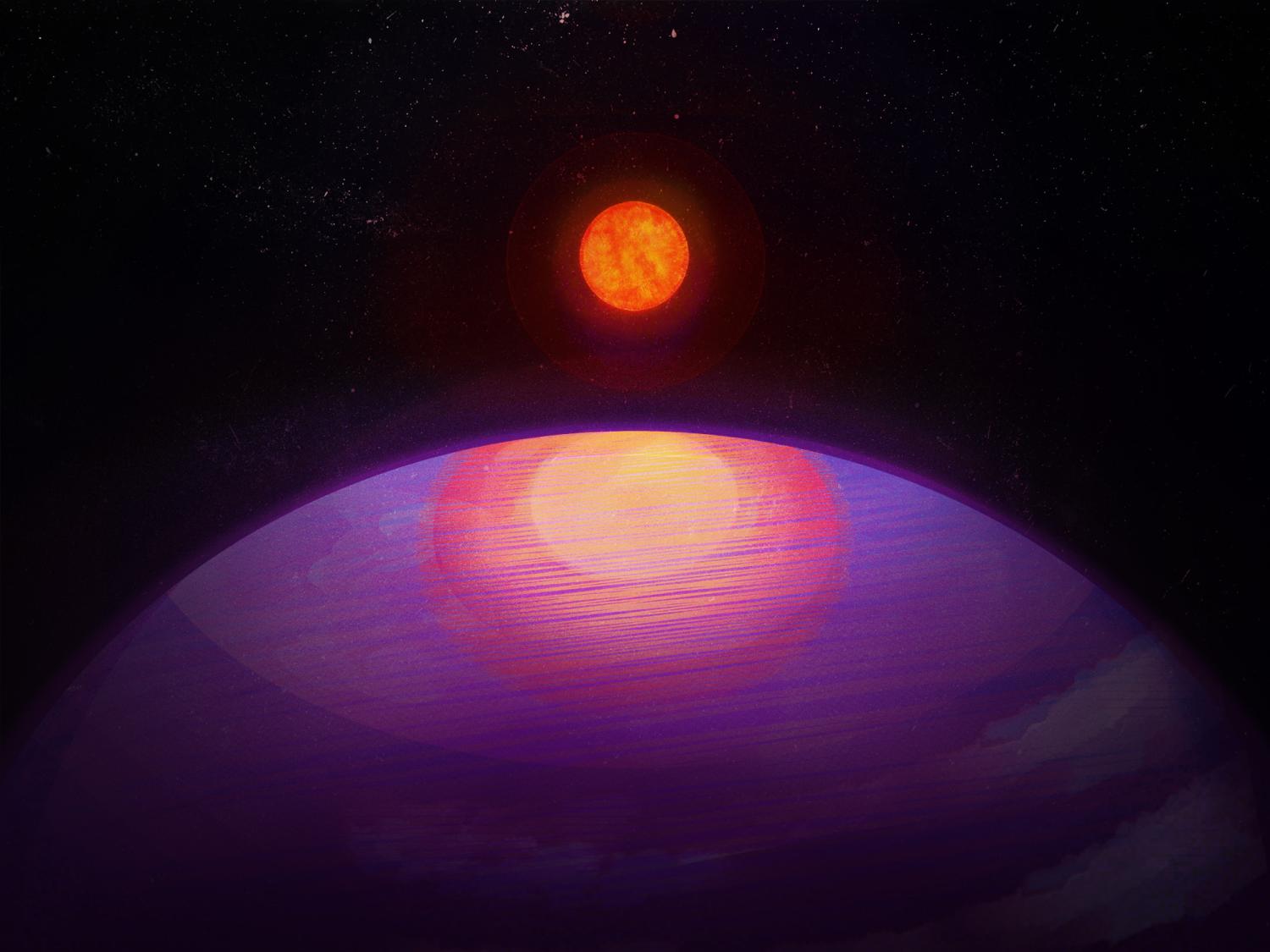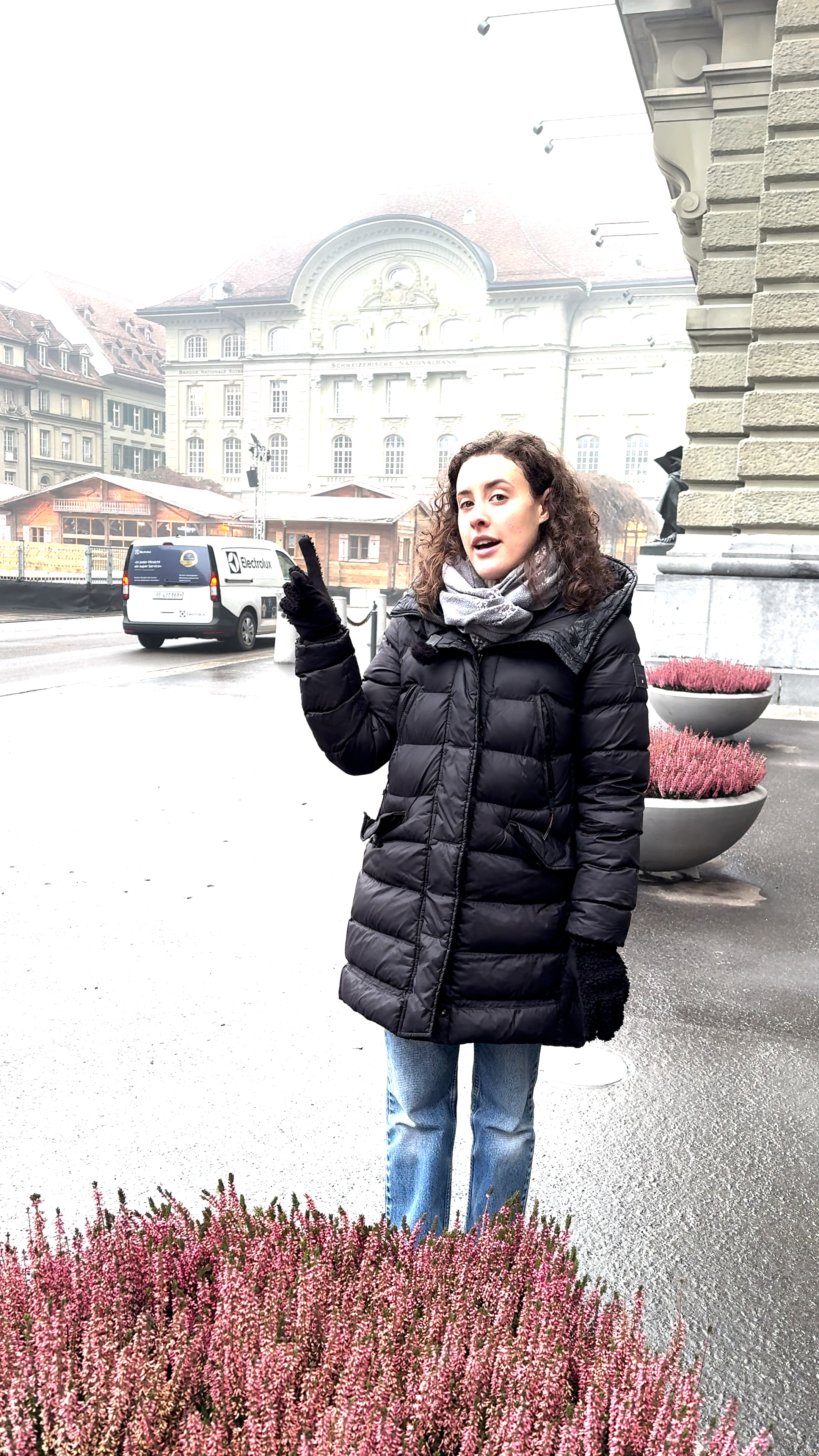
Space discovery confounds theories of planet formation

The discovery of a new planet challenges theoretical models of planet formation. The planet is far too big for its star, according to a new study by an international research team with Swiss participation.
The newly discovered planet, which orbits a so-called M-dwarf star called LHS 3154 with a 3.7-day orbit, is about 13 times more massive than Earth, according to the study published Thursday in the journal Science.
+ Switzerland punches above weight in space exploration
“Such a star, only 0.11 times the mass of the Sun, has never been observed before,” wrote astronomer Frédéric Masset of the National University of Mexico in a commentary on the study published in the same journal.
According to the study’s authors, including a researcher from the Swiss Federal Institute of Technology Zurich (ETHZ), current theories of planet formation cannot explain how such a massive planet could have formed around LHS 3154.
An M dwarf star is the smallest and coolest type of star. The theories say that M dwarfs do not produce particularly large planets. Stars form from large clouds of gas and dust. The material left over from the star formation process forms a disc around the star in which planets are later born.
The amount of material in these discs around stars, the theories suggest, determines how massive the planets that form around them can be. And the amount of disc material depends largely on the mass of the star. The smaller the host star, the smaller the planets around it should be.
According to estimates by the researchers in the study, the amount of dust in the disk around LHS 3154 must have been at least ten times larger than is typically found in disks around M dwarf stars. They now want to find out in further studies how exactly this massive planet came into being.

More
CHEOPS telescope discovers key new planetary system
This news story has been written and carefully fact-checked by an external editorial team. At SWI swissinfo.ch we select the most relevant news for an international audience and use automatic translation tools such as DeepL to translate it into English. Providing you with automatically translated news gives us the time to write more in-depth articles. You can find them here.
If you want to know more about how we work, have a look here, and if you have feedback on this news story please write to english@swissinfo.ch.

In compliance with the JTI standards
More: SWI swissinfo.ch certified by the Journalism Trust Initiative






























You can find an overview of ongoing debates with our journalists here . Please join us!
If you want to start a conversation about a topic raised in this article or want to report factual errors, email us at english@swissinfo.ch.